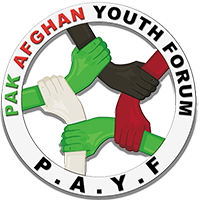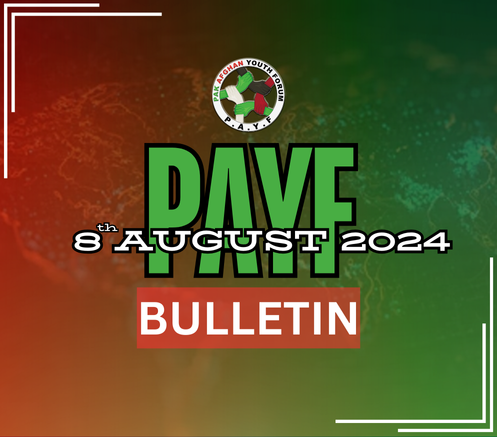CHITRAL: In a significant development for wildlife conservation, an American hunter placed a bid for the Markhor, Pakistan’s national animal. The bid amounted to a record-breaking sum of over Rs75 million, according to ARY News.
Reports record the bid of the American hunter as the highest in the country’s history. According to the Divisional Forest Officer (DFO) Wildlife, Farooq Nabi, the hunter acquired the permit for the first Markhor of the season by offering over Rs75 million.
DFO Farooq Nabi explained that the American hunter successfully hunted a Markhor with horns measuring over 49 inches, showcasing the trophy’s exceptional size.
During the auction held in October this year, buyers purchased two prints for a record $271,000, wildlife officials stated.
In July 2024, Pakistan urged the world community to support collaborative efforts for the conservation of the Markhor. The country emphasized the Markhor’s important role in the overall ecosystem.
“For Pakistan, the Markhor holds a special significance as it is our national animal,” said Ambassador Munir Akram. He is the permanent representative of Pakistan to the UN. He made this statement at a side event focused on strategies for protecting this iconic animal, also known as a “screw-horned goat.”
“Markhors offer a significant opportunity to bolster the economy, foster conservation efforts, and promote sustainable tourism and economic growth,” Ambassador Akram said. He made this statement at the event convened by the Tajikistan Mission to the UN. The event was held in collaboration with UNEP (UN Environment Programme) and IUCN (International Union for Conservation of Nature).
Also See: Axel Pons walks barefoot from Spain to Pakistan
Conservation Efforts
While Markhors’ population is declining globally, with fewer than 6,000 mature individuals remaining, he said their numbers in Pakistan have been increasing. Over the past ten years, the population has reached between 3,500 and 5,000. This increase is due to Pakistan’s proactive conservation programmes and community engagement.
“In Pakistan’s experience,” Ambassador Akram said, “strengthening community governance structures is crucial.” He added, “Promoting local ownership over sustainable natural resource use is also a key step.” Furthermore, he emphasized that this is the first step to building more capacity for wildlife management activities.
This news is sourced from [ARY News] and is for informational purposes only.

![American hunter sets record with Rs75M bid to hunt Markhor, Pakistan's national animal, highlighting conservation efforts. [Image via ARY News]](https://pkafgyouthforum.com/wp-content/uploads/2024/12/Pakistan-Markhor-1.webp)

